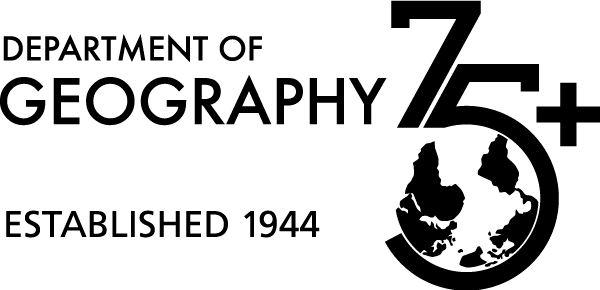Complexity of Raster Spatial Adjacency Graphs
In a spatial adjacency graph (SAG) the graph nodes or vertices are nominal or categorical spatial entities—for example soil types, landform types, geological formations, or vegetation communities. Any two nodes are connected (i.e., there exists link between them) if they are spatially contiguous. Thus, if types A and B at least sometimes occur adjacent to each other, they are connected, and if they never occur spatially adjacent to each other, there is no edge connecting A, B. In the attached note I address a spatially explicit form of SAGs, based on raster representation of categorical spatial units. In particular, it presents a method for assessing the complexity of these spatial patterns.

Raster soil map of Essex County, Vermont. The colors indicate the raster soil types; these are overlaid with additional data. Source: https://www.nrcs.usda.gov/wps/portal/nrcs/detail/soils/survey/geo/?cid=stelprdb1254424




